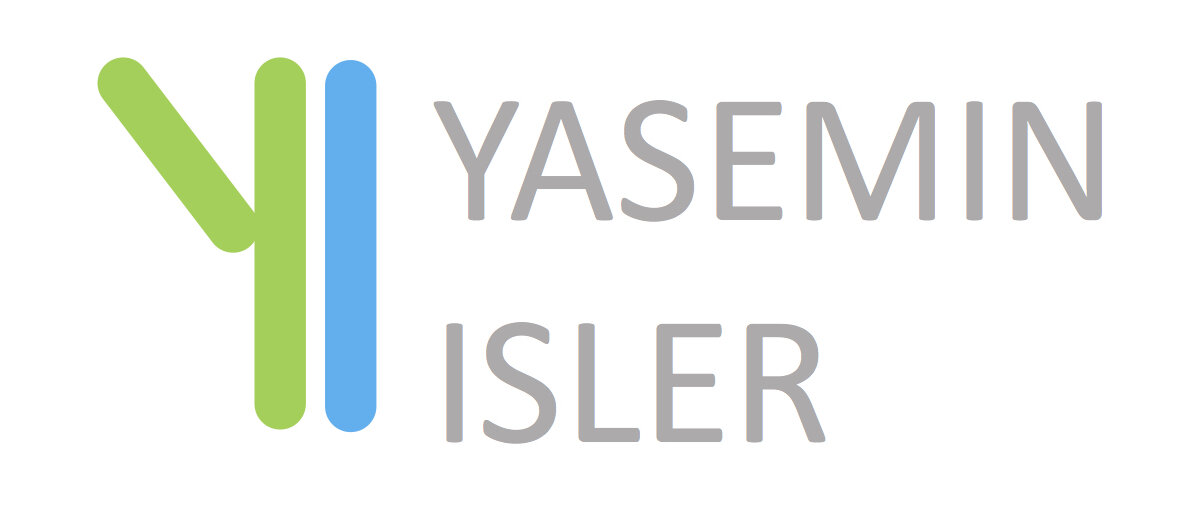“Being present to life may sound like a luxury. In fact, it is a necessity.”
Yasemin Isler
Mindfulness is the buzz word these days. It can impact your life in positive ways personally, in your outlook on life, in your relationships, in your job. It can be marketed to allow you to focus better, perform better and live happier.
Mindfulness is a lot more than that! I’ve been practicing it since I was 13. I have a Masters Degree in it, and multiple teaching certifications. It is still expanding in all curious and amazing ways in my life.
Mindfulness includes:
- paying attention to what is happening in the moment
- focusing on our responses and understanding ourselves
- holding all experiences with a balanced mind
- an intentional awareness which we cultivate throughout our day in order to respond to what ever is in front of us in a skillful way
- kindness towards ourselves and understanding our humanness
- befriending ourselves
- being kinder to others
- becoming familiar with our emotions, feelings, states of mind
- capacity to awaken
What you may gain with Mindfulness:
Clarity
Inner calm
Skillful response to stress, lowered stress and/or capacity to recover from stressful situations more quickly
Bodily awareness, connecting mind and body into a more cohesive view of oneself
Kindness towards self that can result in many benefits including healthier and more sustainable motivation
Discernment for what is the most important in the moment
Deeper connection with others
Appreciation for life and more genuine joy
Responsiveness rather than reactivity
Productivity
Creativity.
Mindfulness: A Secular and Spiritual Practice for Awareness and Well-Being
Mindfulness is often misunderstood as a practice that requires emptying the mind or entering into an altered state of consciousness. In reality, mindfulness simply involves being fully present in the moment—paying attention to your thoughts, feelings, and surroundings without judgment. It’s about cultivating awareness of the here and now, rather than trying to clear the mind or attain a specific spiritual experience.
While mindfulness can be practiced in a secular context, it also has deep roots in spiritual traditions. In its most spiritual sense, mindfulness is part of a larger set of principles, such as the Noble Eightfold Path in Buddhism, which guides individuals toward living a life that is harmonious and compassionate. The path emphasizes ethical speech, right action, and mindfulness as a way to avoid harm to oneself or others. Through mindfulness, we learn to act with intention and awareness, cultivating wisdom, ethical behavior, and mental clarity—not an empty mind.
That said, mindfulness is not confined to any single belief system. It can be embraced secularly without interfering with your personal beliefs or non-beliefs. Whether you use mindfulness to reduce stress, improve focus, or deepen your spiritual practice, it remains a flexible tool that can support personal well-being.
Mindfulness is for anyone who wants to live more intentionally and with greater awareness—regardless of their faith or worldview. You don’t need to subscribe to any particular philosophy to benefit from the positive effects of mindfulness. It's a practice grounded in science and can be a valuable resource for self-care, emotional resilience, and mental health.
Yasemin Isler ©2016 All Content Rights Reserved.
Recommendation: I highly recommend you to get to know about your teacher, coach or advisor to bring mindfulness into your life, structured practices and reflections. As you may have noticed, the field of mindfulness has expanded quite dramatically over the last few years. Many people have set up shop, or incorporated the word “mindful” into their offers, stating expertise to teach mindfulness. It is encouraging to see that people and companies are considering the value of bringing mindful awareness to whatever they may be engaged in. At the same time, the chance of running into well meaning and not well equipped teachers and coaches is rising. The following article is a good place to start about qualifications to be looking for in a mindfulness teacher:
HERE you may read about how to find an authentic mindfulness teacher

